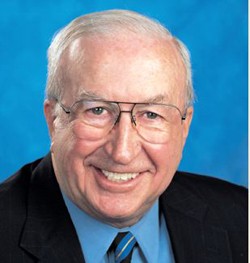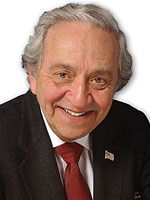Here’s a riddle for you. What do you get when you put three economic academics in a car with a GPS system and a mission to interview small business owners?
You get a book—in this case, Roadside MBA: Back Road Lessons For Entrepreneurs, Executive and Small Business Owners.
Co-author Paul Oyer and I explore some of these lessons to see if academics can apply economic theory to small business realities.






